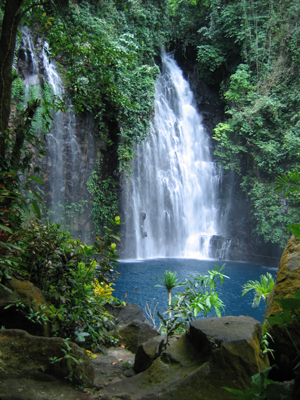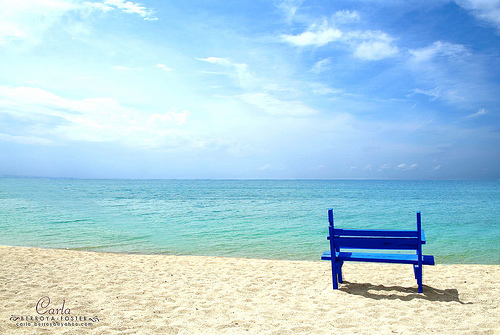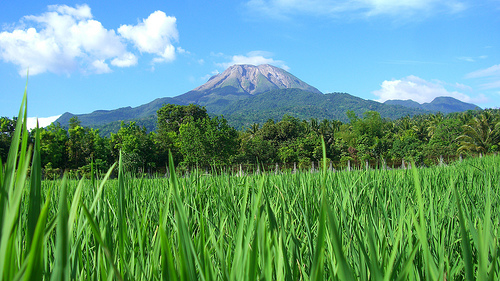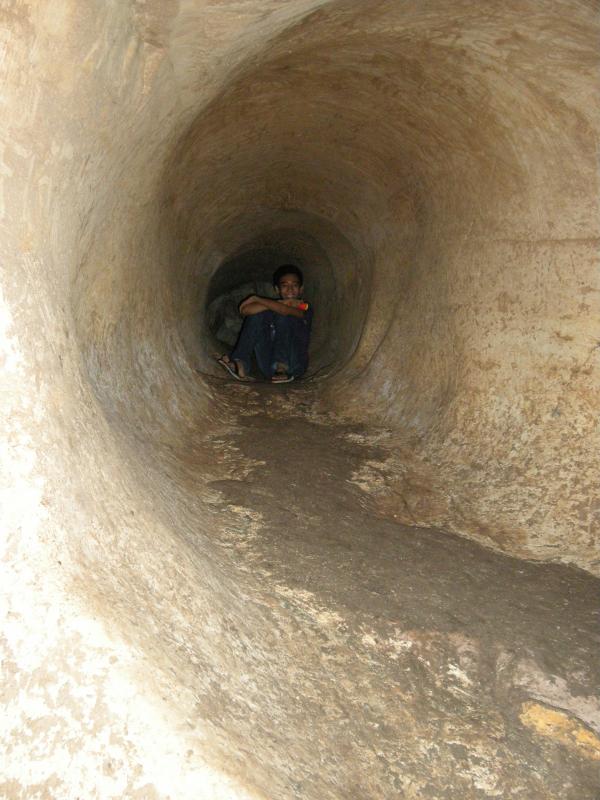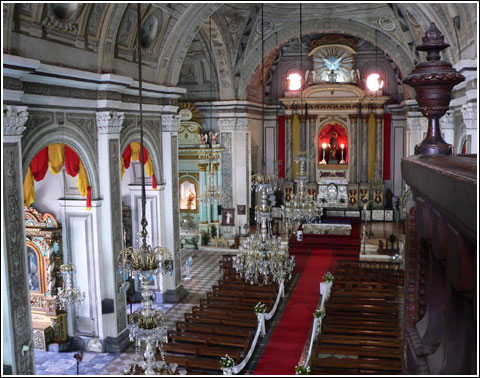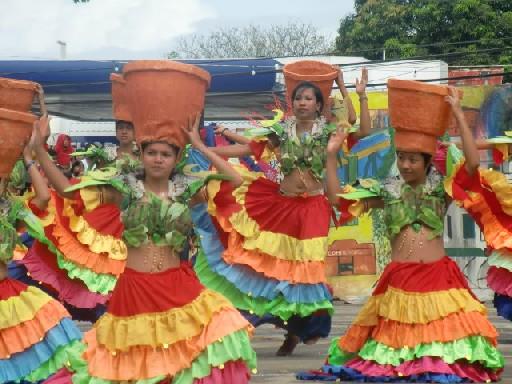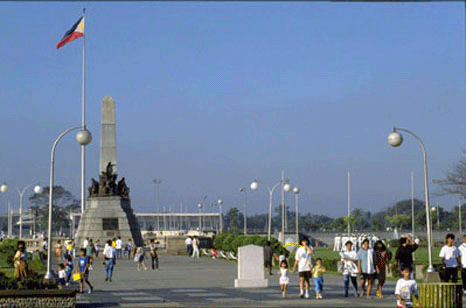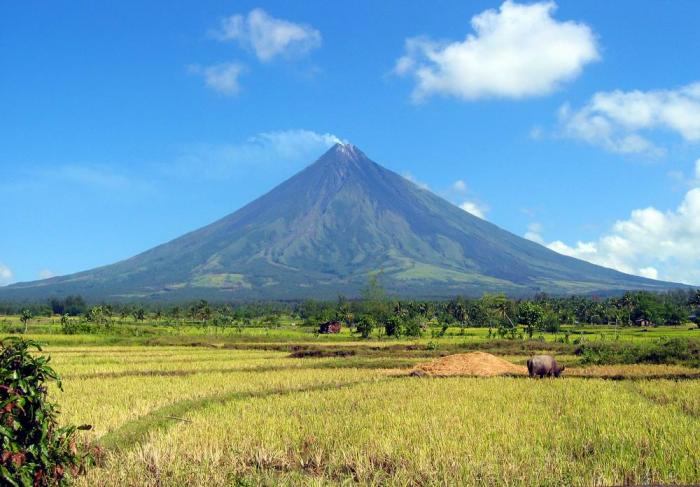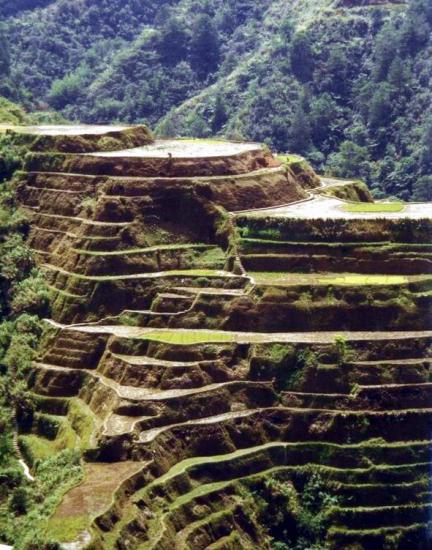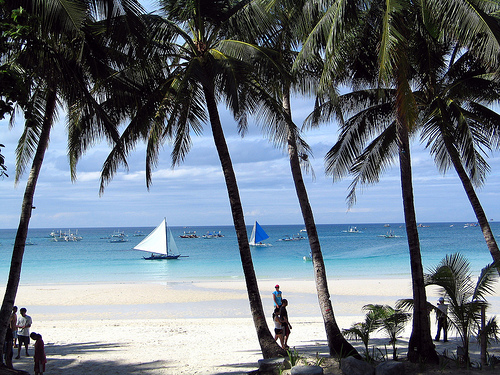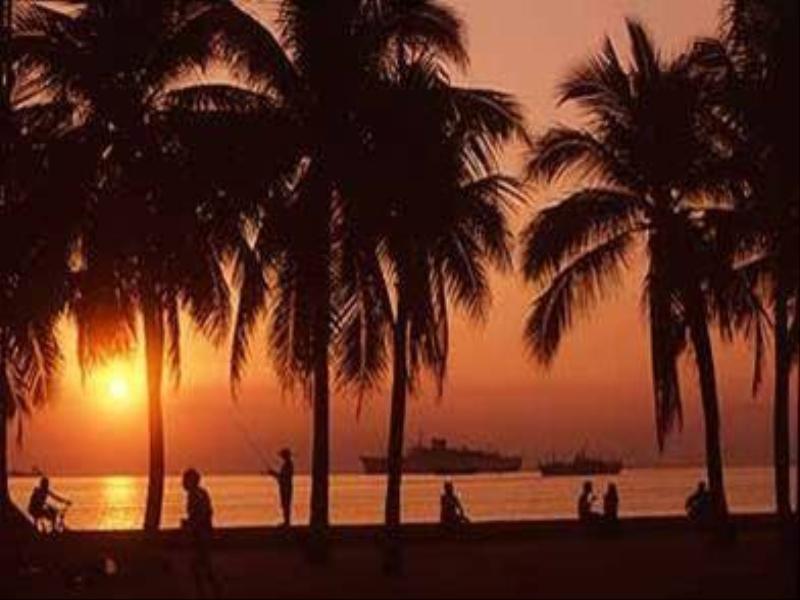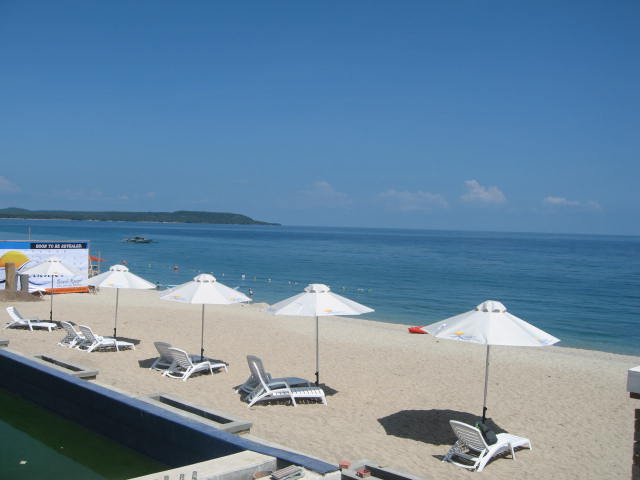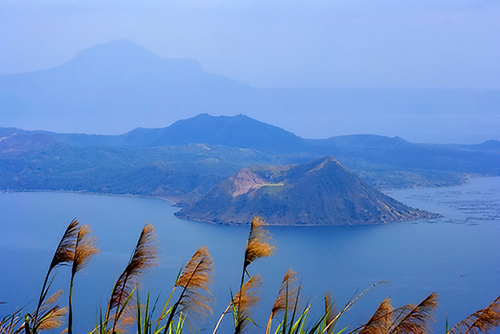Posts Tagged ‘travelling to the Philippines’
Planning a trip? Those who love to travel know the essence of all travel is about you and your enjoyment. Travelers know that the destination is a major part in planning a trip, experiencing and delving deeper into unfamiliar places, people and culture is paramount.
Expand your horizons and set your sight to the Philippines, an off the beaten path travel site! An undiscovered paradise made of thousands of islands and white sand beaches all around! A tiny dot in the map of the world, and yet a haven for travelers, backpackers, retirees and even passersby.
It offers awesome tourist attractions, magnificent beaches, hot spring resorts, colorful festivals, hundreds of scenic spots and world-class hotels and facilities. Not to mention the tropical climate, the affordable prices as well as the friendly and hospitable, English-speaking people! You will be glad you came, and we’re sure, you WILL come back for more FUN in the Philippines!
MANILA – PEARL OF THE ORIENT
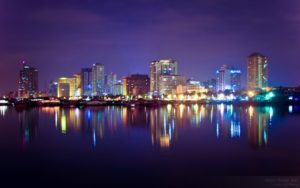
Photo from: http://nomadicalsabbatical.com/manila-philippines/
Destination – Manila, Philippines!
Manila is the capital of the Philippines. Because of its ideal location, between China and the west coast of North America, Manila eventually became the center of Spanish activity in the Far East and one end of the Manila–Acapulco galleon trade route linking Latin America and Asia. This caused it to be called the “Pearl of the Orient”.
It is located on the eastern shores of Manila bay, and is bisected by the Pasig River.
Almost the entire city sits on top of centuries of prehistoric alluvial deposits built by the waters of the Pasig and on some land reclaimed from Manila Bay.
Manila is by far the largest metropolitan area in the Philippines and the second largest in Southeast Asia. It is the commercial, administrative, cultural center and chief seaport of the Philippines. About 12 percent of the population of the Philippines is concentrated in the Manila metropolitan area. Manila is also the major destination for tourists who visit the Philippines. Coconut trees, giant kaleidoscopic lamp posts, and various cafes line the Baywalk, the perfect location for tourists to view the afternoon sunset.
Numerous points of interest in the city attract about 1 million visitors annually from all over the world. Many of Manila’s tourist sites are found in the old downtown area and along Roxas Boulevard, which parallels Manila Bay.
Traveling in Manila is like having a glimpse of the 500-year history of the Philippines. To this day, there are relics of everyday from pre-Hispanic era, and their respective colonial era in the Philippines has been through the last century – Spain, America, and Japan.
This city is built for the Spaniards, it has stood the test of time and contains some of the most unique churches, museums, and incredible ruins in the country. It is one of the most visited historical locations in the Philippines today. The Philippines has gone through the hands of many countries, meaning that Manila is an intense melting pot of Spanish, Chinese and Filipino culture, architecture and foods, making for an off-the-brochure experience like no other.
Manila’s Climate
Together with the rest of the Philippines, Manila lies entirely within the tropics. Its proximity to the equator means that the temperature range is very small, rarely going lower than 20 °C and going higher than 38 °C. However, humidity levels are usually very high which makes it feel much warmer. It has a distinct, albeit relatively short dry season from January through April, and a relatively lengthy wet season from May through December. – Wikipedia
Though the weather ranges from “hot” to “hot and rainy,” it seems that locals and visitors, alike, tend to maintain an upbeat attitude.
The Filipino People
English is the language most widely used in education and business throughout the Metro Manila region. A number of older residents can still speak basic Spanish, which was a mandatory subject in the curriculum of Philippine universities and colleges, and many children of European, Arab, Indian, Latin American, or other migrants or expatriates also speak their parents’ languages at home, aside from English and/or Filipino for everyday use. Minnan Chinese (known as Lannang-oe) is spoken by the city’s Chinese-Filipino community. – Wikipedia
Truly, Manila is one city that one must not miss to visit when traveling to the Philippines!
TABLE OF CONTENTS
Manila is within the NCR Region of the Philippines
Visit Manila – “The Pearl of the Orient”

